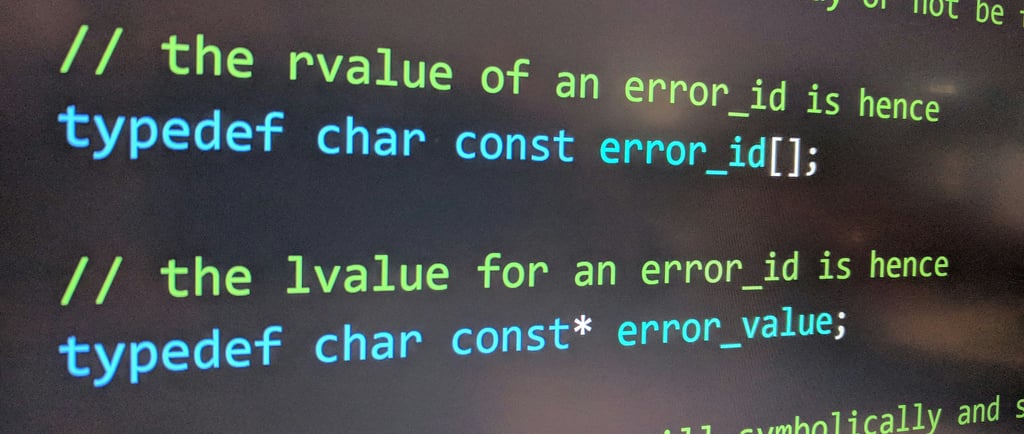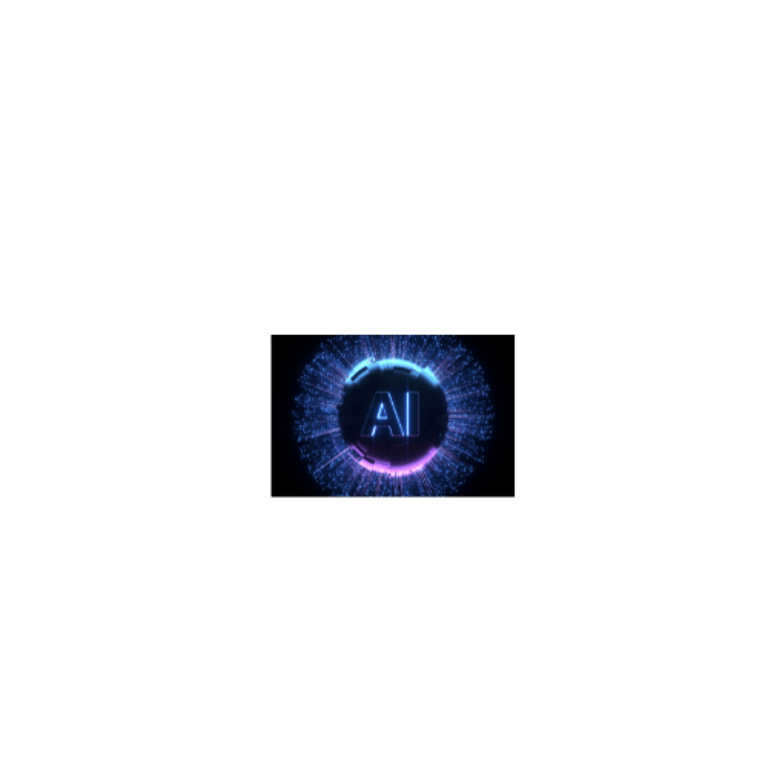The Chat GPT Legal Crisis
Decoding the Law
6/12/20253 min read


🤖⚖️ Understanding the AI Ethics Challenges Attorneys Face
by Angeli Raven Fitch, Esq., AI Legal Strategist
🚨 The Blind Spot Crisis in Legal AI Adoption
The legal profession is experiencing a dangerous disconnect: attorneys are rapidly adopting AI tools without understanding the ethical landmines they're navigating. This creates a perfect storm where well-intentioned lawyers unknowingly violate professional responsibility rules while believing they're simply becoming more efficient.
💬 The "ChatGPT Generation" Problem
What attorneys are doing: 🤔
Inputting client confidential information directly into ChatGPT for document drafting
Using AI-generated legal research without verification
Billing full attorney rates for AI-assisted work without disclosure
Assuming "everyone's doing it" means it's ethically permissible
Treating AI tools like sophisticated spell-checkers rather than third-party services
What they don't realize they're risking: ⚠️
Rule 1.6 violations: Every time they input client data into ChatGPT, they may be disclosing confidential information to a third party (OpenAI) without client consent
Rule 1.1 competence failures: Using AI without understanding its limitations or supervising its output adequately
Rule 1.5 billing issues: Charging clients for work that was largely AI-generated without transparency
Malpractice exposure: Relying on AI-generated legal analysis that contains errors or "hallucinations"
🔓 The Decode Challenge: Translating Ethics Rules for the AI Era
The Traditional Rules Don't Mention AI 📜 California Rules of Professional Conduct were written before AI existed, so attorneys struggle to apply decades-old language to cutting-edge technology:
Rule 1.6 says "don't reveal client information" → But does uploading to ChatGPT count as "revealing"? 🤷♂️
Rule 1.1 requires "competence" → But what level of AI understanding constitutes competence? 🧠
Rule 1.5 demands "reasonable fees" → How do you bill fairly when AI does the work in minutes? 💰
🎭 Real-World Scenarios Where Attorneys Get Trapped
Scenario 1: The Research Trap 📚💥 Attorney uses ChatGPT to research case law, gets fabricated citations (AI hallucinations), includes them in a brief, and faces sanctions. They thought they were being efficient—they were actually being incompetent under Rule 1.1.
Scenario 2: The Confidentiality Breach 🔒➡️🌐 Solo practitioner inputs client medical records into ChatGPT to draft a demand letter. ChatGPT's terms of service allow OpenAI to use that data for training. Client's private medical information is now part of ChatGPT's database forever—a clear Rule 1.6 violation.
Scenario 3: The Billing Dilemma 💸⚖️ Partner uses AI to draft a complex contract in 30 minutes that would typically take 4 hours. Bills the client for 3 hours without mentioning AI assistance. Client discovers the AI use and demands a refund, claiming overbilling under Rule 1.5.
Scenario 4: The Supervision Failure 👩💼➡️👨💼❌ Junior associate uses AI to draft discovery responses, senior partner reviews quickly and files. AI included incorrect legal standards. Both attorneys face malpractice claims and potential discipline for inadequate supervision.
🔍 Why Attorneys Need an "AI Ethics Decoder"
The Translation Problem: 🗣️➡️🤖
Ethics rules use broad language that needs interpretation for AI contexts
Bar associations provide limited guidance on AI-specific applications
Technology moves faster than regulatory guidance ⚡
Attorneys trained in legal reasoning, not technology risk assessment
The Practical Implementation Gap: 🕳️
Knowing the rule vs. knowing how to comply in AI workflows
Understanding what "adequate supervision" means for AI output 👀
Determining when client consent is required for AI tool use ✅
Creating compliant billing practices for AI-enhanced efficiency 💡
🎯 What Attorneys Actually Need
Practical Guidance That Connects Dots: 🔗
"If you do X with AI, you're risking violation of Rule Y" ⚠️
"Here's how to structure your AI workflow to maintain Rule Z compliance" ✅
"These are the vendor questions that matter for Rule 1.6 protection" 🛡️
"This is how to bill transparently when AI provides efficiency gains" 💰
Real-World Compliance Systems: 🛠️
Step-by-step AI adoption protocols 📋
Client communication templates for AI disclosure 📝
Vendor evaluation checklists focused on ethics compliance ✔️
Quality control procedures for AI-generated work 🎯
💎 Angeli Fitch, Esq. Decoding Ethics for the AI Generation
Why attorneys trust Angeli's guidance: 🌟
She's living it daily: Using AI tools in active practice while maintaining ethical compliance 🏃♀️💼
She speaks both languages: Fluent in legal ethics AND AI capabilities/limitations 🗣️🤖
She's seen the pitfalls: Knows where attorneys commonly stumble because she's navigated these challenges herself 🕳️👀
She provides practical solutions: Not just theoretical warnings, but actionable compliance strategies 🛠️✅
Her unique value proposition: 🎯
Translates abstract ethics rules into concrete AI workflows 📝➡️⚙️
Provides real-world examples from her own AI implementation experience 💡
Offers practical tools that attorneys can immediately implement 🔧
Understands the business pressures driving AI adoption while prioritizing ethical compliance ⚖️💰
🎯 The Bottom Line
Most attorneys using AI don't realize they're playing legal ethics roulette 🎰⚖️. They need someone who can decode the rules, translate them for AI contexts, and provide practical guidance that protects both their clients and their licenses 🛡️👩💼. That's exactly what Angeli provides—AI ethics guidance from someone who's successfully navigating these challenges in real practice, not just theory 💪🏼✨.
